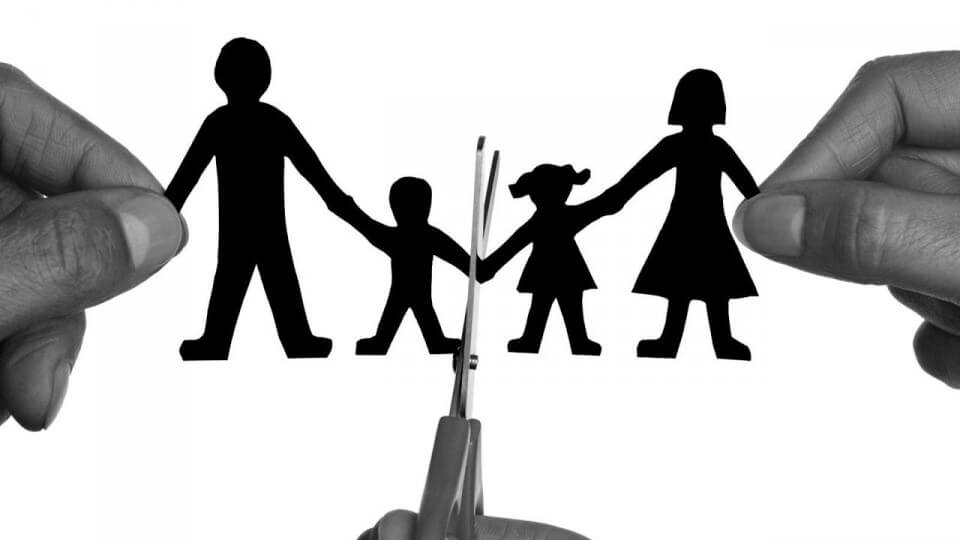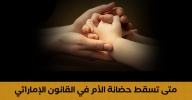Legal blog
The Due Alimony for Wife And Children After Divorce

In the name of Allah the Merciful the Compassionate. First of all, this blog will be about the due alimony after the divorce.
First: The due alimony for the divorced wife:
ِA- Alimony of Mut'aa (consolatory gift):
The wife is entitled to alimony if divorced by her husband after a valid marriage by his own will and without her request, as stipulated in Article 140 of the Personal Status Law No. 28 of 2005:
"In case the husband divorces his wife from a valid consummated marriage by his unilateral will without a request from her, she is entitled to a compensation other than the alimony paid during the waiting period depending on the financial status of the husband provided it does not exceed a one-year alimony payable to those in similar condition. The judge may order that it be paid by installments depending on the degree of solvency or insolvency of the husband. In assessing the amount thereof, the prejudice sustained by the wife shall be taken into consideration."
B- Alimony of Idda (waiting period):
According to Article 69 of Law 28 of 2005, Alimony and sheltering, during the waiting period (“idda”), are due to the divorcee in a reversible divorce, or in a non-retractable divorce if the divorced woman is pregnant and, if she is not, only sheltering is due. Alimony includes food, clothing, dwelling, medical care. The widowed wife is not entitled to alimony. However, she is entitled to live in the conjugal domicile during the said period, four months and ten days, as stated in article 70 of the law:
"No alimony is due to the widow during her waiting period because of the death of her husband but she is entitled to live in the conjugal domicile during the said period".
Assessing the amount of alimony is subject to the discretion of the subject judge. In accordance with article 63/2 of the law, "In assessing the amount of alimony, it shall be taken into consideration the possibilities of the debtor thereof, the circumstances of the beneficiary and the economic situation, in place and time, provided it does not fall below the sufficiency level."
Second: Alimony for Children
The Personal Status Law No. 28 of 2005 specified those entitled to alimony from their father as follows:
- Article 78 of the same law stipulates that" Alimony of the young child who has no financial resources is on his father until the marriage of the girl or until the boy reaches the age at which his fellow-mates earn their living, unless he is a student continuing his studies with normal success.
Alimony of the elder child unable to earn his living, because of a disability or other cause, is on his father should the child have no other funds from which his expenses could be drawn from.
Alimony of the female is on her father if she divorced or has become a widow, unless she has funds of her own or has a person in charge of her other than the father.
Should the child have no sufficient funds to meet his maintenance expenses, the father is under obligation to complete the required amount within the aforementioned conditions.
- Article 79 stipulates that "The suckling expenses of the child are on his father, should the mother be unable to nurture him, and this is considered as alimony". Father has to pay the expenses for the children includes food, clothing (including feasts clothes, winter and summer clothing, schools), dwelling, medical care, education expenses, and custody wages, even if the mother is the incubator. Assessing the amount of alimony is subject to the discretion of the subject judge.
Pursuant to the provisions of Article 36/2 and Article 64/1 of the above-mentioned Law, Article 63/2/3 stipulates that "In assessing the amount of alimony, it shall be taken into consideration the possibilities of the debtor thereof, the circumstances of the beneficiary and the economic situation, in place and time, provided it does not fall below the sufficiency level. In adjudging alimonies of all kinds, fostering and dwelling charges and all conditions on which depends adjudging all these, eye-witnessing shall suffice".
In accordance with article 64/1, "Alimony may be increased or reduced according to the change of circumstances". Finally, for your information, alimony has privilege over all other debts.
Written by:
Amr Ahmed Mossa | Jasim Almaeeni Advocates & Legal Consultants
Currently, there is no information to display in this section.

This publication is for general information purposes only. It does not purport to provide comprehensive full legal or other advice.
Legal Advice Middle East and the contributors accept no responsibility for losses that may arise from reliance upon information contained in this publication. This publication is intended to give an indication of legal issues upon which you may need advice.
Full legal advice should be taken in due course from a qualified professional when dealing with specific situations.









